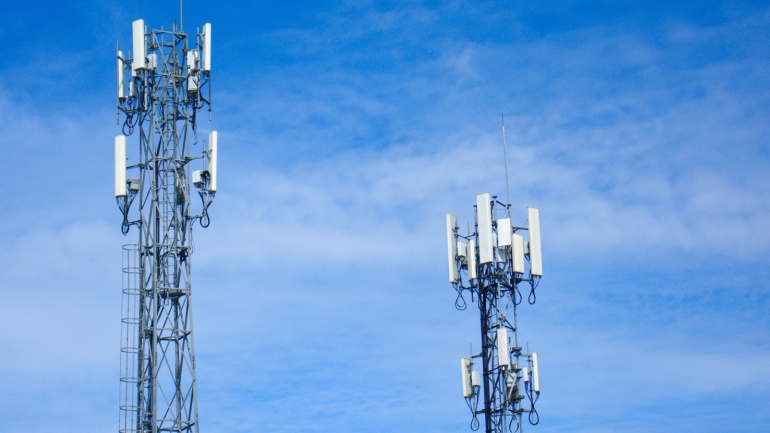Ericsson and global operators like Vodafone and AT&T have launched a joint venture to commercialize network APIs globally. This initiative aims to standardize API offerings, fostering innovation and monetization in the 5G era. By collaborating with major players such as Vonage and Google Cloud, the venture promises to revolutionize the voice over IP (VoIP) landscape.
HORISEN and Vodafone Germany launch an innovative public transportation ticketing system, integrating Rich Communication Services (RCS) and Direct Carrier Billing (DCB). This collaboration simplifies fare purchases via mobile phones, enhancing user convenience. As part of Vodafone’s UPLIFT initiative, this project underscores a commitment to sustainable, digital transformation in public services, reflecting VoIP advancements.
Vodafone has launched Europe’s first 5G mobile private network at the Temelín Nuclear Power Plant in Czechia, replacing traditional walkie-talkies. In partnership with ČEZ Group, this pilot project enhances safety and operational efficiency through advanced communication tools like augmented reality glasses, ensuring secure, independent data management within the plant’s systems.
German carriers Vodafone and 1&1 have launched a national roaming partnership, enhancing mobile communications across Germany. New 1&1 customers can seamlessly access Vodafone’s network in areas not yet covered by 1&1. Existing 1&1 customers will also benefit, accessing both 1&1’s 5G network and Vodafone’s national roaming.
Vodafone Germany is investing €250 million to expand its B2B unit, targeting corporate consumers and enhancing its digital offerings. Partnering with IT leaders like Microsoft and AWS, the move aims to capture more of the competitive enterprise market. This strategic investment underscores the growing importance of VoIP and digital solutions.
The UK Competition and Markets Authority has extended the deadline for its £15 billion Vodafone-Three merger investigation to 7 December. This delay highlights the broad scope and technical complexity of the inquiry. Vodafone-Three merger promises significant benefits, such as enhanced competition and transformation of the UK’s digital infrastructure.
Vodafone has outlined a strong case for equipping UK public buildings with 5G-enabled technology. The ‘Connected Spaces’ report highlights how digital twins, IoT, and smart sensors can save the public sector £580 million annually. By integrating these technologies, Vodafone promises significant energy efficiency and reduced CO2 emissions, aiding sustainability goals.
Vodafone and Virgin Media O2 have signed a long-term agreement with Cellnex UK to enhance their mobile network infrastructure. This partnership allows both operators comprehensive access to extensive tower networks, boosting VoIP capabilities.
Vodafone Group has strategically sold a 10% stake in Vantage Towers for 1.3 billion euros ($1.4 billion). This aligns with Vodafone’s targets to reduce net debt. Vantage Towers manages 84,600 tower sites, enhancing coverage with small cell systems. The divestment strengthens Vodafone’s financial health while prioritizing debt reduction over asset control.
Saudi Telecom Company (STC) is reportedly eyeing Vodafone Portugal after previous negotiations with Altice Portugal fell through. This strategic shift could enhance STC’s European presence, especially after acquiring a stake in Telefonica. STC and Vodafone Portugal share aligned goals, potentially reshaping Portugal’s telecom landscape significantly. Stay tuned for more updates.













